Chasing Serendipity in Linked Open Data
On Wednesday 27th June, in the Dundee Contemporary Arts center, some members of the SerenA project team led a workshop exploring the potential for serendipitous connectivity in linked open data (LOD).
The semantic web defines a set of principles through which LOD is published. Many recent claims on the benefits are based on the rationalized serendipitous connections that can be made in semantically rich contextual data in LOD. The SerenA project is actively exploring LOD as a core information repository for interesting, surprising and non-obvious pathways between interests, places and artefacts associated with its’ users, to other domains and resources (possibly other people!).
The workshop was broadly split into three parts: visualization linked open data; authoring personalized RDF; and rule based inference in linked open data.
Visualizing Linked Open Data
LodLive is a creative and truly exploratory interface that has been developed by Diego Valerio Camarda and others. It allows the user to seamlessly navigate between SPARQL endpoints that expose linked open data, giving the feeling of “walking away” from a particular focus into something new.
Authoring Personalized RDF
Inquirers of LOD connectivity may wish to have an identity in linked open data… to express their interests and expertise, and to visualize their surroundings in the LOD cloud. We have developed such a tool called Discover-me-Semantically (DMS), which does just the job. One can specify goals, institutions, and expertise, amongst other things. To promote the use of URIs, DMS sensibly auto-completes on terms.
LodLive and DMS Released as Open Source
The linked open data project promotes interoperability, open licensing and open standards. So it is no surprise that both projects above are open source and available on GitHub. Collaboration and pull requests would be most welcome! This is the repository for LodLive, and you’ll find the repository for DMS, here.
Rule Based Inference in Linked Open Data
Those familiar with the semantic web stack will likely have used or at least know of OWL reasoning to infer knowledge based on formal properties in domain specific ontologies. A lesser known inference mechanism is rule based reasoning. We outlined a scenario at the workshop that inferred possible goals – to visit a place and to meet someone, based on an individuals’ intention to attend a particular conference and this persons’ intention to find out more about a specific topic. The scenario was played out in Protege, using SWRL rules.
Slides From the Workshop
The slides that were presented are available online under the Creative Commons License:
Reflecting on the Workshop
We were pleased with feedback and interaction in the workshop. There was plenty of debate on the use of LOD for serendipitous connectivity, on whether the emotional meaning of objects and resources is captured in LOD, and whether rule based reasoning is the correct approach for engineering serendipity. Here are some snaps from the workshop:
–
Rob Stewart
@robstewartUK on Twitter
robstewart57 on GitHub
- authoring | data | linked | open | rdf | semantic | serendipity | visualizing | web
- October 25, 2013ESRC Science Festival and SerenA(0) Comments
- April 9, 2013Serendipity. Let's talk numbers...(0) Comments
- April 3, 2013Second-hand serendipity?(1) Comments
- March 27, 2013The Princes of Serendip(0) Comments
- March 19, 2013Serendipity Salon Workshop at Future Everything. 21st March, 2013(0) Comments
- March 13, 2013March Events: Serendipity Symposium(0) Comments


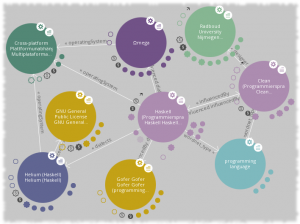
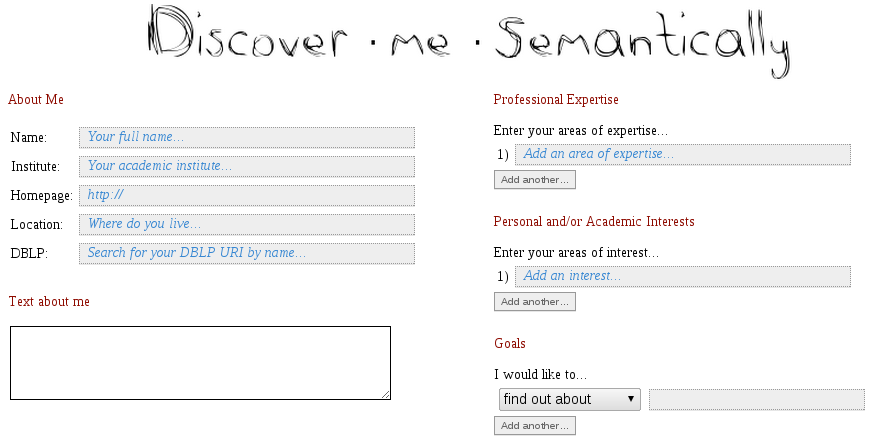

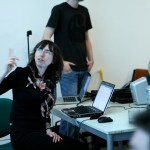
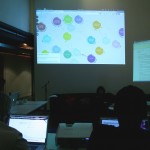
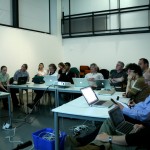







Social Media